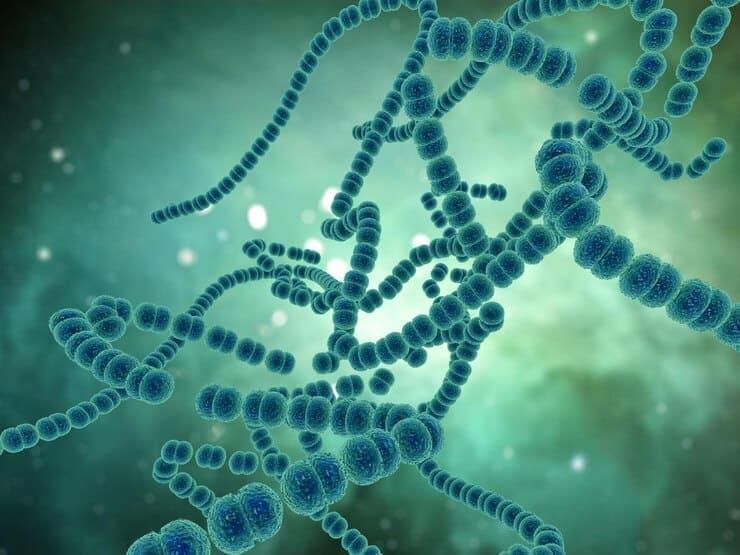KEY TAKEAWAYS
- The study aimed to assess the impact of co-mutations on chemotherapy outcomes in patients with NPM1mut/FLT3-ITDwt AML.
- Researchers noticed that TET1/2, GATA2, and MDS-related co-mutations impact prognosis and treatment response in NPM1mut/FLT3-ITDwt AML.
Nucleophosmin 1 (NPM1) gene-mutated acute myeloid leukemia (NPM1mut AML) is classified as a subtype with a favorable prognosis. However, some patients fail to achieve complete remission or relapse after intensified chemotherapy. Genetic abnormalities in concomitant mutations contribute to the heterogeneous prognosis of patients with NPM1mut AML.
Quan Wu and the team aimed to focus on evaluating the influence of co-occurring genetic mutations, particularly in TET1/2, GATA2, and myelodysplasia (MDS)-related genes, on the chemotherapeutic outcomes of patients with NPM1mut AML.
Researchers performed an inclusive analysis of 91 patients with NPM1-mutated and FLT3-ITD wild-type (NPM1mut/FLT3-ITDwt) AML with intermediate-risk karyotype to assess the impact of common genetic co-mutations on chemotherapeutic outcomes. Genetic profiling was conducted using next-generation sequencing (NGS) to identify the presence of co-mutations, particularly in TET1/2, GATA2, and MDS-related genes.
About 91 patients with NPM1-mutated and FLT3-ITD wild-type (NPM1mut AML) were analyzed, revealing that TET1/2 mutations were the most prevalent co-mutation, present in 57.1% (52/91) of patients. This was followed by mutations in IDH1/2 (39.6%, 36/91), DNMT3A (38.5%, 35/91), myelodysplastic syndrome-related genes (MDS-related genes) including ASXL1, BCOR, EZH2, RUNX1, SF3B1, SRSF2, STAG2, U2AF1, and ZRSR2 (38.5%, 35/91), FLT3-TKD (29.7%, 27/91), and GATA2 (14.3%, 13/91).
Patients with TET1/2 mutations (TET1/2mut) exhibited significantly worse relapse-free survival (RFS) with a median of 28.7 months compared to those without TET1/2 mutations (TET1/2wt), who did not reach the median (P = 0.0382). However, no significant difference was observed in overall survival (OS) between the TET1/2mut and TET1/2wt groups, with both groups having a median of not reached (NR) months (P = 0.3035).
The GATA2mut subtype was associated with significantly inferior overall survival (median, 28 vs. NR months; P < 0.0010) and RFS (median, 24 vs. NR months; P = 0.0224) compared to GATA2wt. Multivariate analysis indicated that GATA2mut and MDS-related gene mutations were independently associated with worse survival outcomes.
The study concluded that mutations in TET1/2, GATA2, and MDS-related genes significantly influence the chemotherapeutic outcomes in patients with NPM1mut AML. These findings hold important clinical implications for identifying patients at risk of adverse responses to frontline chemotherapy, offering a novel reference for further prognostic stratification in patients with NPM1mut/FLT3-ITDwt AML.
This study was funded by the National Natural Science Foundation of China (82170165); the Natural Science Foundation of Guangdong Province (2023A1515012401); and the Natural Science Foundation of Guangdong Province (2021A1515011437).
Source: https://pubmed.ncbi.nlm.nih.gov/39126219/
Wu Q, Zhang Y, Yuan B, et al. (2024). “Influence of genetic co-mutation on chemotherapeutic outcome in NPM1-mutated and FLT3-ITD wild-type AML patients.” Cancer Med. 2024 Aug;13(15):e70102. doi: 10.1002/cam4.70102. PMID: 39126219; PMCID: PMC11316012.



